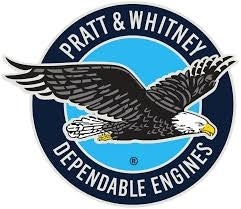Aerospace research partnerships

Aerospace propulsion systems such as gas turbines, ramjet engines and rocket engines involve combustion with many coupled effects related to gas-liquid two-phase turbulent flow, high-pressure environment and heat transfer. Each of these processes is challenging to model by itself, but the inclusion of these important interacting phenomena all together for real engines is an enormous task.
Our lab is working towards the development of novel turbulent combustion models including finite rate detailed chemistry, spray for liquid fuels, turbulent mixing, soot formation, and radiation. We have built upon our initial development for methane air turbulent jet flames progressing towards realistic aerospace application conditions with Jet fuel A, spray, soot, radiation and high pressure. In particular, we have been developing turbulent combustion models based on conditioning methods, like Conditional Moment Closure, Conditional Source term Estimation (CSE) and Multiple Mapping Closure (MMC).

Image: A sectional view in the swirl-stabilized burner grid normal to the swirler to show its shape and the grid intensity at this location
Some of our current and recent projects are:
- LES Investigation of Jet A-1 swirl-stabilized spray flame in collaboration with Pratt&Whitney Canada and UTIAS
- Development of advanced soot models for high pressure methane and ethylene turbulent flames in collaboration with Pratt&Whitney Canada and UTIAS
- Investigation of Conditional Source term Estimation (CSE) methods for turbulent spray flames in collaboration with Pratt&Whitney Canada and UTIAS
Thank you to our aerospace research partners:




These case studies are only several of our projects. There are many more types of opportunities and case studies. If you'd like to discuss partnering or sponsoring a research project in Turbulent Combustion Modeling or would like more details: